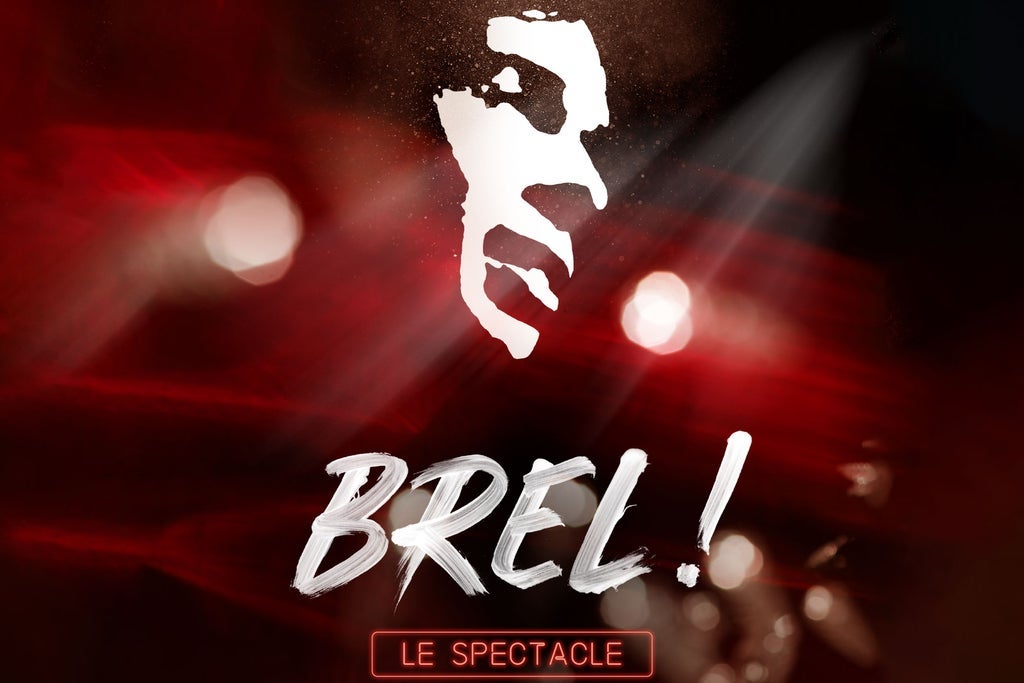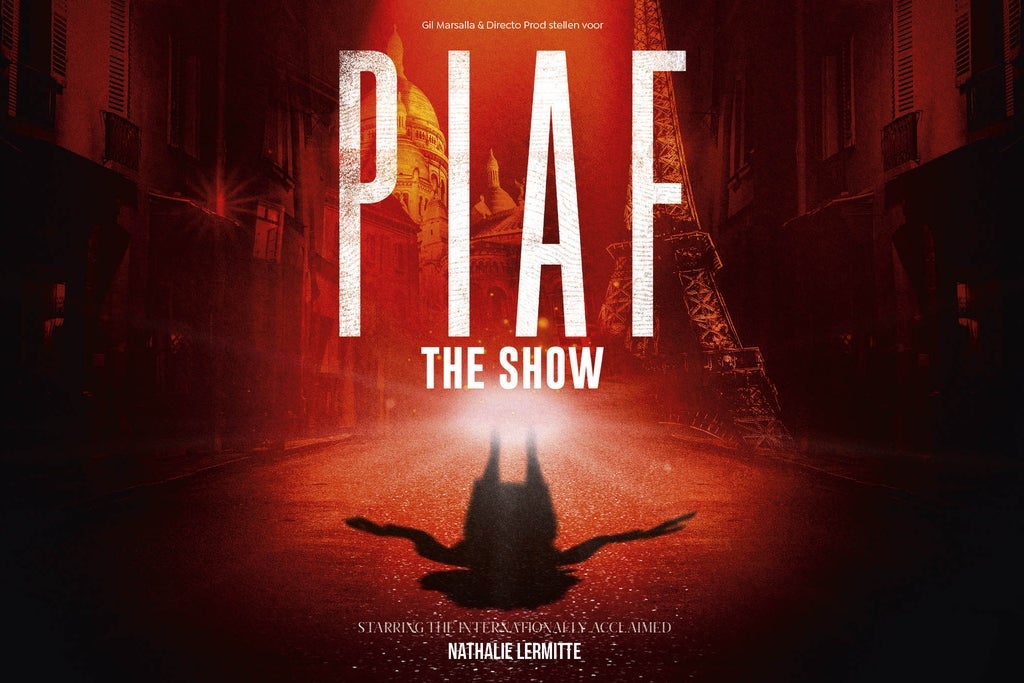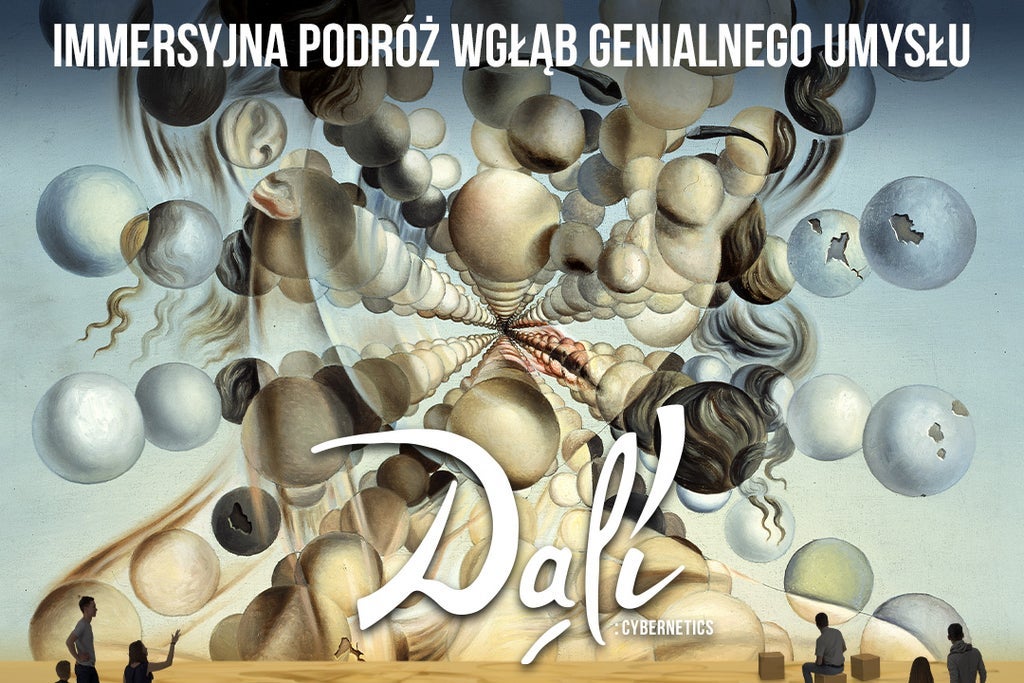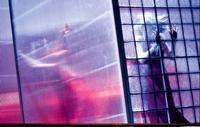“Don’t look back”, the mythical gods said to Orpheus. “Don’t leave”, Mariusz Treli?ski’s Orpheus seems to be saying. (Orpheus is rather like the Orpheus from the poem by Czes?aw Mi?osz: “Standing on flagstones of the sidewalk at the entrance to Hades / Orpheus hunched in a gust of wind / That tore at his coat ... // He pushed open the door … He was cold, aware that he was Nowhere...”.) The truth is, in the modern world, stripped of any divine dimension, it’s better to live with the shadow of one’s deceased lover than in the emptiness of the modern apartment. Then, “Que faro senza Euridice” sounds even more mysterious. But there won’t be any catharsis. Descending into hell is like penetrating your own memory and imagination, and it takes places in a modern space that remains unchanged throughout the show. The image of Eurydice is constantly with Orpheus – whether as a shadow flitting in the distance or the Furies deep in dance. But Eurydice remains painfully elusive; and desperately present, like a qualm of conscience. All that’s left is to brood.
Cast and Creative team for ORFEUSZ I EURYDYKA at Teatr Wielki - Opera Narodowa, Moniuszko Auditorium
OLGA PASIECZNIK, ASMIK GRIGORIAN Eurydyka
LENKA MACIKOVA Amor
Dyrygent / Conductor
?UKASZ BOROWICZ
Re?yseria / Director
MARIUSZ TRELI?SKI
Scenografia / Set Designer
BORISKUD LI? KA
Kostiumy / Costume Designer
MAGDALENA MUSIA?
Choreografia / Choreography
TOMASZ WYGODA
Dramaturg / Literary Consultant
PIOTR GRUSZCZY?SKI
Re?yseria ?wiate? / Lighting Designer
MARC HEINZ
Projekcje wideo / Video Projections
WOJTEK PU?
Videos

|
Brel! Le spectacle
Audytorium Muzeum Historii Pol. (12/6 - 12/6) | |

|
Piaf! The Show
Sala Ziemi Poznań CongressCenter (4/28 - 4/28) | |

|
OPROWADZANIE Z DRINKIEM DLA DOROSŁYCH I MŁODZIEŻY - DALI CYBERNETICS
Art Box Experience (1/24 - 3/14) | |

|
RODZINNE OPROWADZANIA DLA DZIECI 5-12 LAT
Art Box Experience (1/19 - 3/16) | |

|
Dali Cybernetics - wystawa immersyjna
Art Box Experience (1/15 - 3/16) | |

|
OPROWADZANIE DLA DOROSŁYCH I MŁODZIEŻY - DALI CYBERNETICS
Art Box Experience (1/18 - 3/15) | |

|
Brel! Le spectacle
Aula Artis (12/9 - 12/9) | |
| VIEW SHOWS ADD A SHOW | ||
Recommended For You



